Civilization or Religion: Which Came First
World History Teachers Blog
AUGUST 4, 2022
History books teach us that civilization arose with the Neolithic Revolution when hunter-gatherers first settled down because of the discovery of agriculture. Here's a clip from the History Channel about the discovery of Göbekli Tepe. Did civilization arise before religion or did religion arise before civilization?

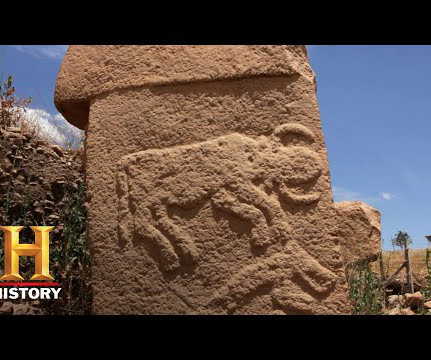
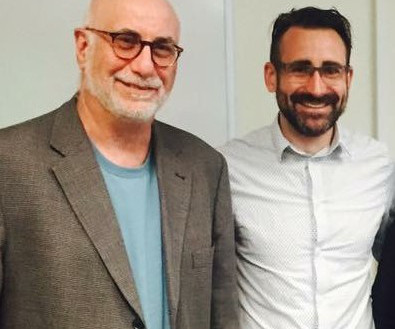



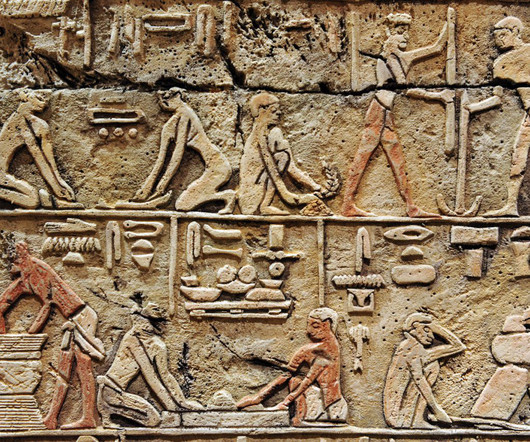
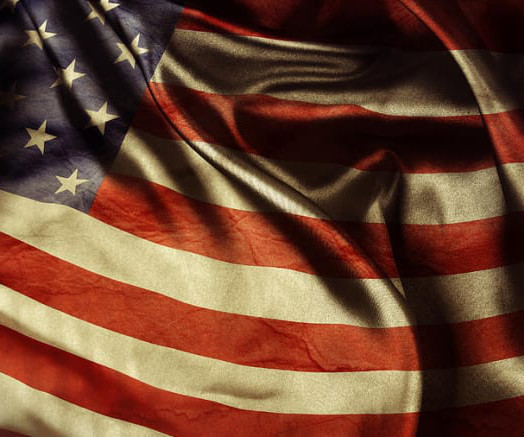
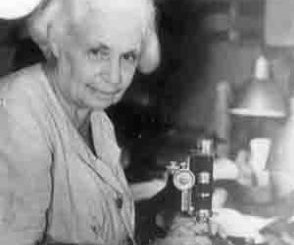
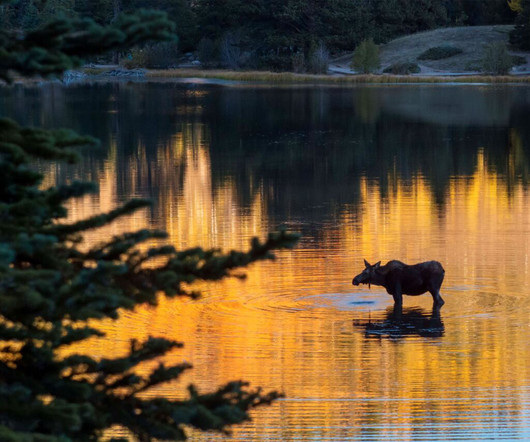






Let's personalize your content